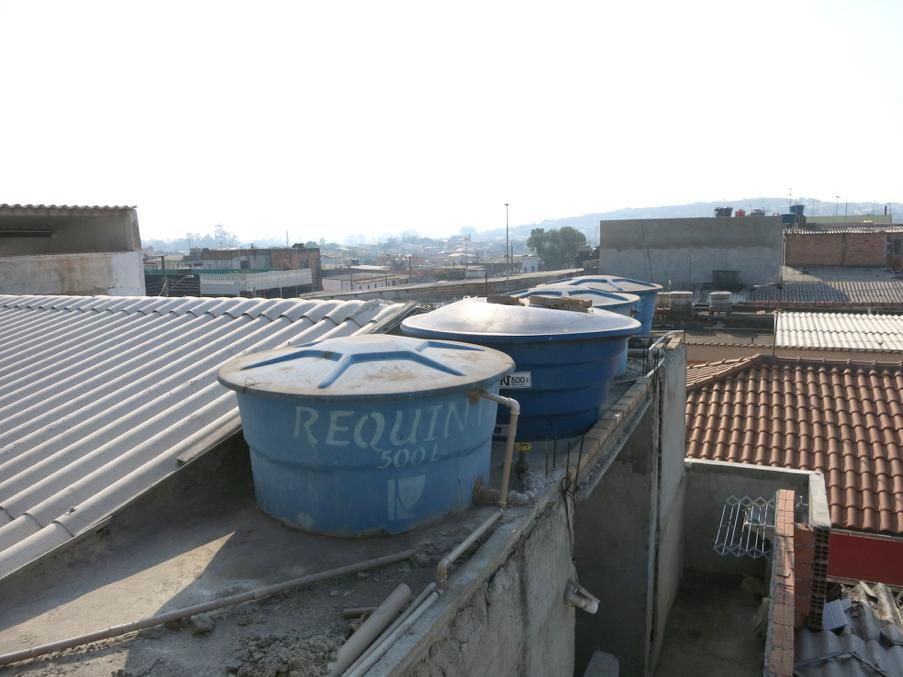Producing water scarcity in São Paulo, Brazil: The 2014-2015 Water Crisis and the Binding Politics of Infrastructure
Dans le cadre du séminaire « Bouillon d'idées »

Mercredi 5 décembre 2018 - 12h30 à 13h30
Géopolis 3799
In 2014 and 2015, political intransigence combined with a severe drought to push São Paulo, Brazil, to the edge of a profound water crisis. In this paper, I consider the response to the crisis on behalf of the state government. I analyze the suite of actions taken to cope with scarcity, focusing specifically on the state's employment of pressure reductions in the water pipes as opposed to a formal rationing. I argue that despite the state government's claims that only a small minority was going without water, the reality was that water shortages were being felt throughout the city and residents of the urban periphery were being disproportionately impacted. Uneven experiences of scarcity were produced by the combination of existing inequities in city's water infrastructure and the differentiated abilities of residents to store water in small-scale reservoirs commonly referred to as caixas d’água. Understanding the co-production of water (in)security in crisis contexts has implications for how we understand the nature of contemporary urban governance and the techno-politics of the contemporary city, and offers insight into scholarship on the political ecologies of the state and the distributed nature of governance. Additionally, it suggests that more research is needed into the critical role played by adaptive technologies of water storage in the hydrosocial cycle.
Le «Bouillon d'idées» est un séminaire proposé par le groupe de recherche «Développement, Sociétés, Environnements», dans lequel les chercheuses et les chercheurs sont invité·e·s à présenter une recherche en cours.
L'entrée est libre. N'hésitez pas à amener votre repas.
Institut de géographie et durabilité